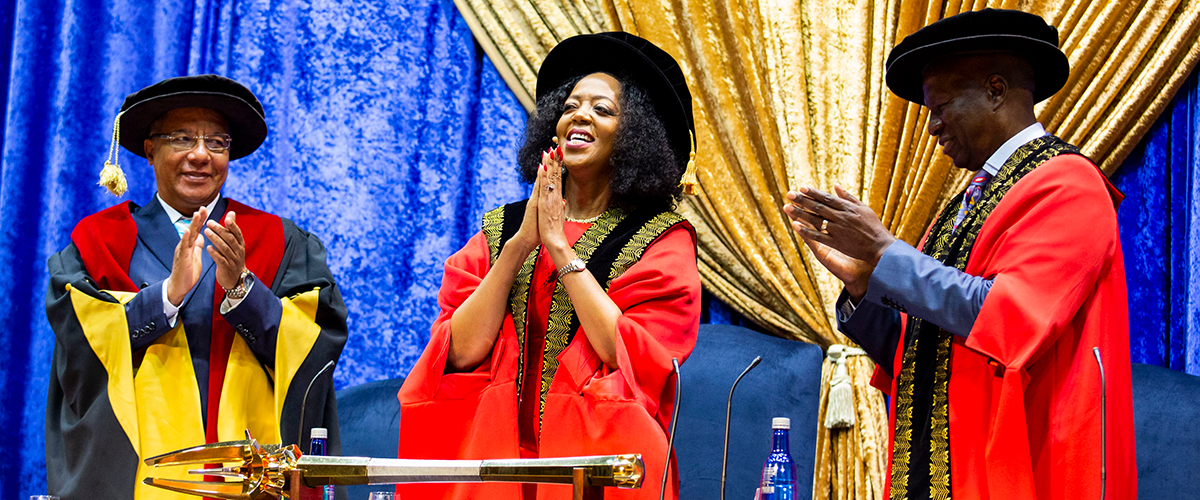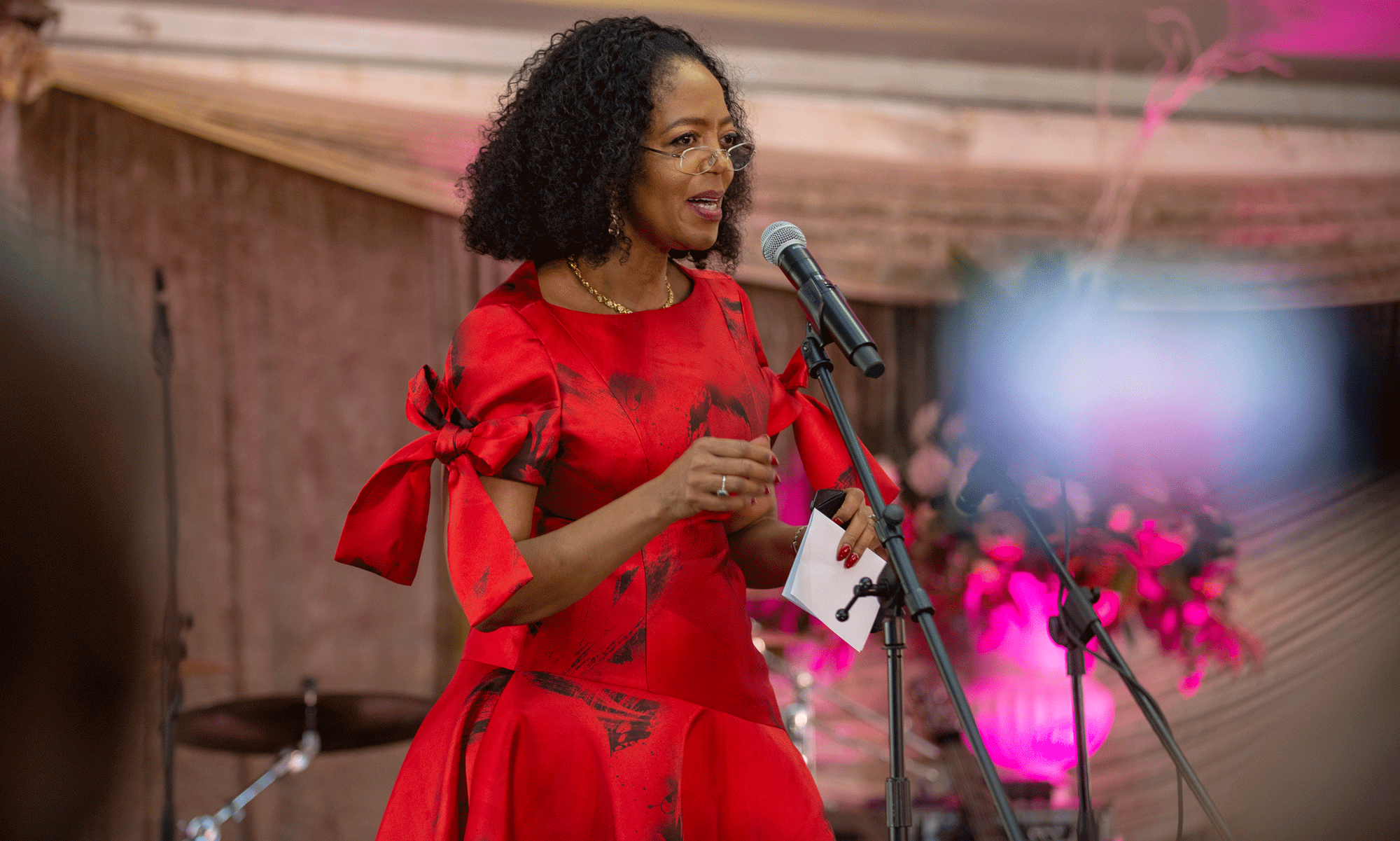Wits Chancellor Dr Judy Dlamini leads from the front
Established by the Chancellor of Wits University, Dr Judy Dlamini, the Female Academic Leaders Fellowship (FALF) fund is contributing to the gender and racial transformation of the academic leadership at universities, with the initial focus over five years being at Wits. Dr Dlamini has committed one million rand as the seed fund for the programme.
The FALF targets an area that is least transformed in the higher education sector – the representation of African and Coloured South African women in academic and management leadership positions, and aims to raise fifty million rand as an endowment to support the initiative.
The funding will assist these 'Chancellor’s Fellows' in furthering their academic and leadership development in areas that have been identified as having a critical need for transformation, such as building research capacity to transform contributors to the body of knowledge across different disciplines; assisting development to qualify for promotions to positions of professoriate at the University; and assistance in developing and preparing to qualify for the assumption of a wide range of leadership positions at the University.


